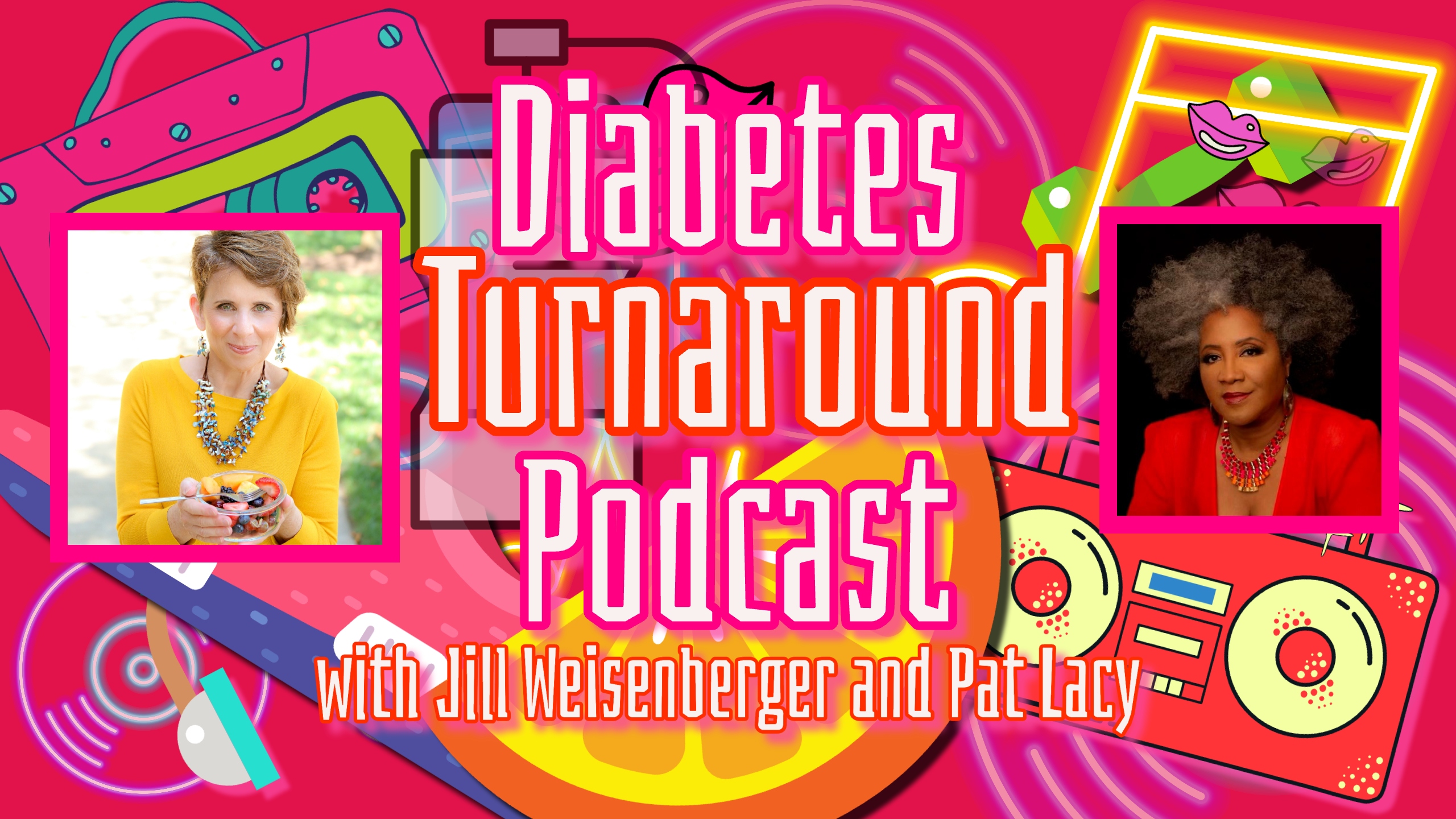Reflections of My Journey with Diabetes
Over the past 46 years of living successfully with diabetes, I have developed some coping strategies that work for me.
Nobody is perfect! It is impossible to manage diabetes perfectly. If my blood sugars are fluctuating, I try to keep a close watch on stabilizing them. Diabetes is not an exact science and many factors, other than just food and insulin, affect their variability. Don’t panic and do the best that you can.
Take life – and taking care of your diabetes – one day at a time. When you look to the past, and focus on what you could have done, should have done, and would have done, that can leave you feeling depressed. It’s water under the bridge. No use dwelling on the past which you cannot change, Likewise, if you look to the future and focus on worrying, such as what if I go blind, what if I contract the Coronavirus, that will leave you feeling anxious. Worrying about the future does not make it more likely to happen or less likely to happen. It just zaps your energy. No use dwelling on the what if’s. The answer is: stay in the here and now.
Connecting with others. My journey which started in 1975 was before the Internet. There were not a lot of resources available for me. Today, there are books and blogs, online and in-person support groups, podcasts such as the monthly “Diabetes Late Nite” podcast hosted by Max “Mr. Divabetic” Szadek with guests and games to learn about diabetes and have fun at the same time.
Think of long-term benefits. Managing your diabetes is one of the primary ways to reduce your risks of complications. My personal motivation (I know it sounds silly) is to be able to wear cute shoes with heels. The same can be said for staying safe during the pandemic. Even if you are tired of wearing a mask, maintaining social distance, and following hand hygiene, the long-term benefit is keeping yourself safe and others safe, as well. It’s important to remember that you have control over how you will respond to the pandemic and do your part to control the spread.
Last, but not least, is feeling and expressing gratitude. I am grateful that I was born after the discovery of insulin or else I would not have lived to tell my story. I am thankful to all the doctors who have taken care of me during the past four decades. I am thankful to my patients with whom I have learned insights. A big thank you to Max Szadek for our collaborations over the years. And. most especially to the love and support that I have received from my family. I will always appreciate the encouragement from my parents, my brother, my sister, my son, my daughter, and my step-son.
Wishing you success in your journey with diabetes!
Read Part 1
Read Part 2
Read Part 3
Read Part 4
Dr. Beverly S. Adler PhD, CDCES has published two books which include insightful lessons of empowerment written by successful men and women with diabetes. Available for purchase.

Dr. Beverly S. Adler, PhD, CDCES guests on Divabetic’s Diabetes Late Nite podcast featuring music from Meghan Trainor.
Megan Trainor’s break-out hit, “All About That Bass” features lyrics about body acceptance. In this case, the bass is a metaphor for the booty. “Yeah it’s pretty clear, I ain’t no size two / But I can shake it, shake it like I’m supposed to do,” she sings.
How well are you at accepting the fact that you’re living with diabetes? Negative emotions such as anger, frustration, hopelessness, fear, guilt and shame is very common among people with diabetes. Navigating your way through a range of emotions as well as learning to accept your diagnosis can prove to be a major stumbling block for many people’s daily diabetes self-care management.









